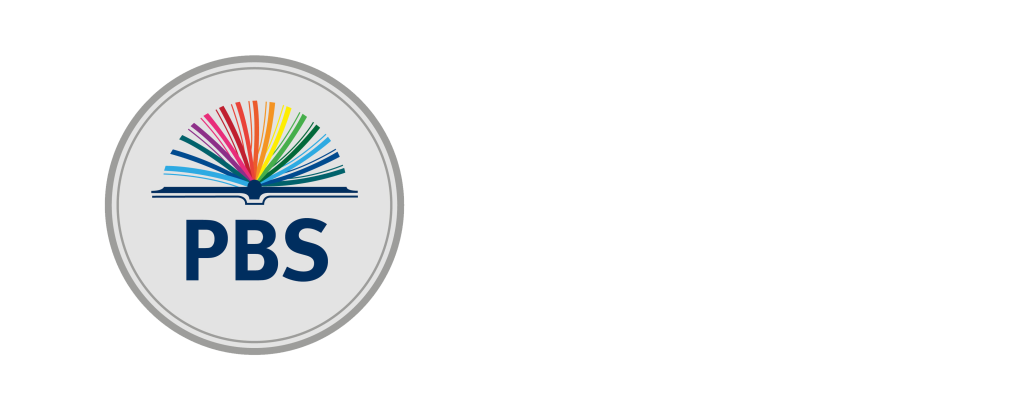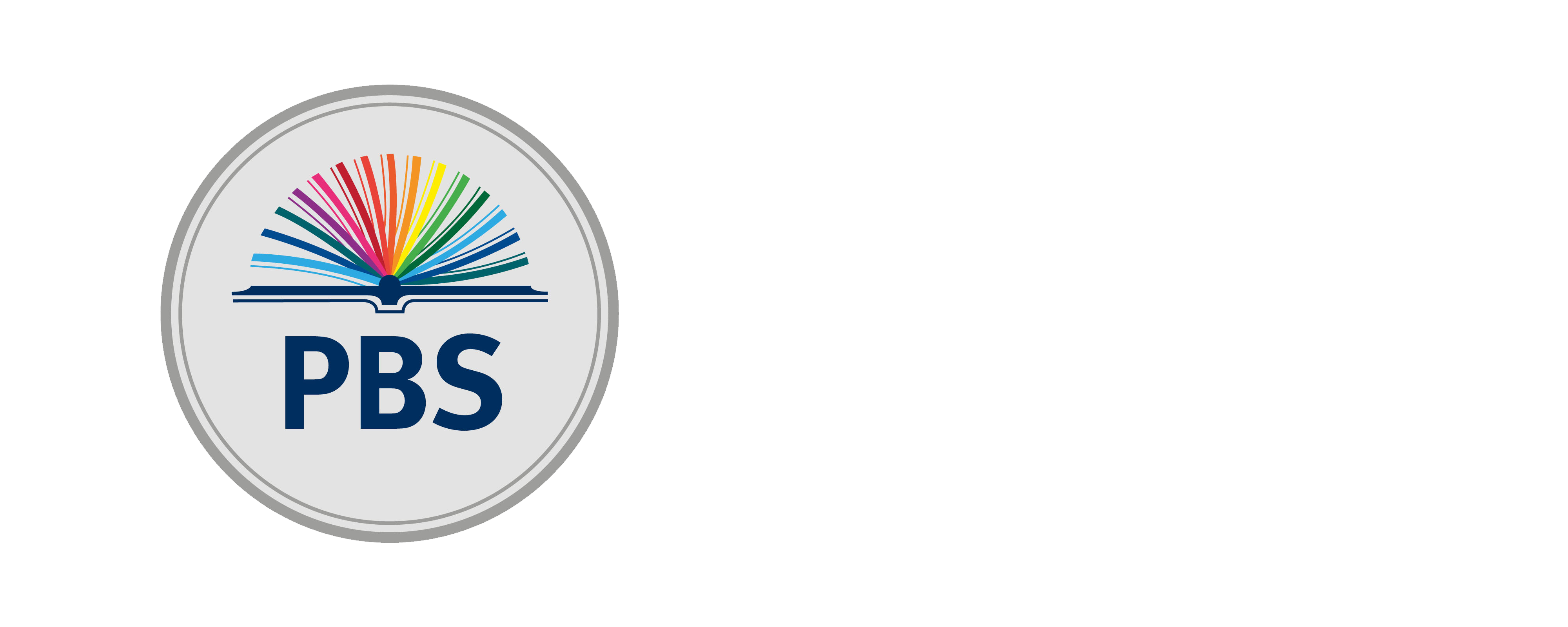Why Understanding Bookkeeping Is Crucial for SMEs
Every Australian small to medium-sized business must maintain accurate financial records to remain compliant and profitable. Bookkeeping is not just a back-office task; it’s a strategic tool that supports informed decision-making, tax compliance, cash flow control, and business growth. Understanding the foundations of bookkeeping empowers business owners to interpret reports, manage obligations like GST and BAS, and minimise financial risk.
Core Concepts and Terminology
In the Australian business context, several key bookkeeping terms form the backbone of financial record-keeping:
- Double-Entry Bookkeeping: Every transaction affects two accounts (debit and credit).
- Chart of Accounts: A structured list of all financial accounts used in your general ledger.
- Accrual vs. Cash Accounting: Timing methods for when income and expenses are recognised.
- Accounts Payable (AP) and Accounts Receivable (AR): Tracking money owed by and to the business.
- Reconciliation: Matching internal records with bank statements to ensure accuracy.
Bookkeeping Processes and Responsibilities
A professional bookkeeper supports SMEs by handling a range of critical functions, including:
- Recording daily financial transactions (sales, purchases, expenses).
- Managing payroll, superannuation, and Single Touch Payroll (STP) obligations.
- Preparing and lodging BAS for GST compliance.
- Reconciling accounts across multiple platforms (bank, credit card, payment gateways).
- Generating monthly reports (P&L, Balance Sheet, Cash Flow).
Each of these processes contributes to accurate record-keeping and ATO compliance for your business.
Difference Between Bookkeepers and Accountants
While the roles of bookkeepers and accountants often overlap, they serve distinct functions:
- Bookkeepers focus on daily transaction tracking, payroll, and BAS preparation.
- Accountants provide strategic tax advice, year-end financials, and regulatory reporting.
Both are crucial in the financial ecosystem of an SME. Ideally, they work collaboratively — with the bookkeeper ensuring up-to-date records and the accountant using that data to guide the business strategically.
How Professional Bookkeeping Service (PBS) Supports SMEs Through Expert Bookkeeping
At Professional Bookkeeping Service (PBS), we provide tailored bookkeeping support to meet the unique needs of Australian SMEs. Whether you’re a tradie, consultant, eCommerce operator, or service provider, our team ensures:
- Accurate transaction tracking.
- Timely GST and BAS compliance.
- Expert management of payroll and super.
- Integration with platforms like Xero, MYOB, and QuickBooks.
- Real-time reporting and personalised support.
Our highly specialised team brings expertise and a commitment to helping SMEs operate with clarity and confidence.
Explore More: Related Bookkeeping Services
To dive deeper into specific aspects of bookkeeping, explore the following topics:
- Accounts Payable and Receivable Management
- Payroll and Superannuation
- Choosing the Right Bookkeeper for Your SME
- Bookkeeper vs Accountant
Each of these areas builds on the fundamentals, helping you establish full financial visibility and strategic control in your business.

